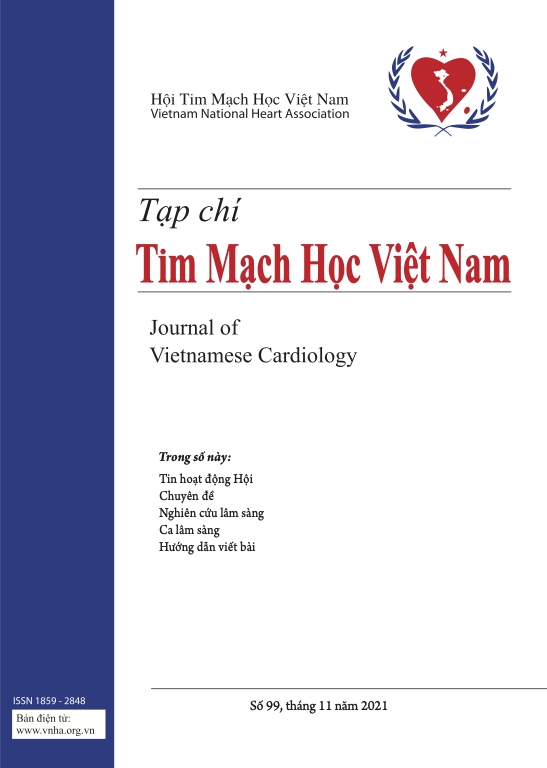Predict heart failure by using machine learning: A comparative analysis of models
Tóm tắt
Background
This paper presents a comprehensive study on the application of machine learning techniques for predicting heart failure. The objective of the study is to improve the accuracy of heart failure prediction and enhance patient outcomes. The research begins with an introduction, highlighting the significance of heart failure as a public health issue and the potential benefits of machine learning in predicting this condition. A thorough review of existing literature on heart failure prediction using machine learning is conducted, emphasizing the strengths and limitations of previous approaches.
The study utilizes a carefully curated dataset, describing its source, size, and variables collected. Rigorous data preprocessing techniques are employed, including handling missing values, outlier detection, and feature selection. Feature engineering is conducted by selecting and engineering features relevant to heart failure prediction, incorporating domain knowledge and medical insights.
Methods
The experimental setup involves partitioning the data into training and testing sets. Evaluation metrics such as accuracy, precision, recall, F1-score, and area under the ROC curve are used to assess model performance. Logistic regression, random forests, and XGBoost are among the machine learning models considered, with the training process, hyperparameter tuning, and cross-validation techniques explained.
Results
The results of model evaluation demonstrate the predictive capabilities of the machine learning models. The strengths, weaknesses, and trade-offs of each model are discussed, highlighting their performance and potential implications in clinical practice. The most promising models for heart failure prediction are identified based on the findings.
The study also explores the importance of different features in predicting heart failure and provides insights into their clinical relevance. Limitations of the study, such as dataset size, data quality, and generalizability, are acknowledged. Future research directions are suggested, including the incorporation of additional data sources and exploration of advanced modeling techniques.
Conclusion
In conclusion, this study showcases the potential of machine learning in predicting heart failure and improving patient outcomes. The findings emphasize the need for accurate risk assessment and early intervention strategies. By leveraging machine learning models and relevant features, healthcare professionals can make informed decisions and personalize management strategies for individuals at risk of heart failure. Further research and collaborations are encouraged to advance the field and make a meaningful impact on patient care.








